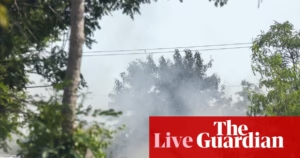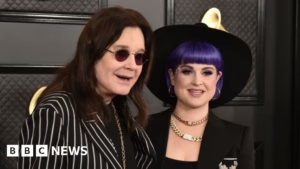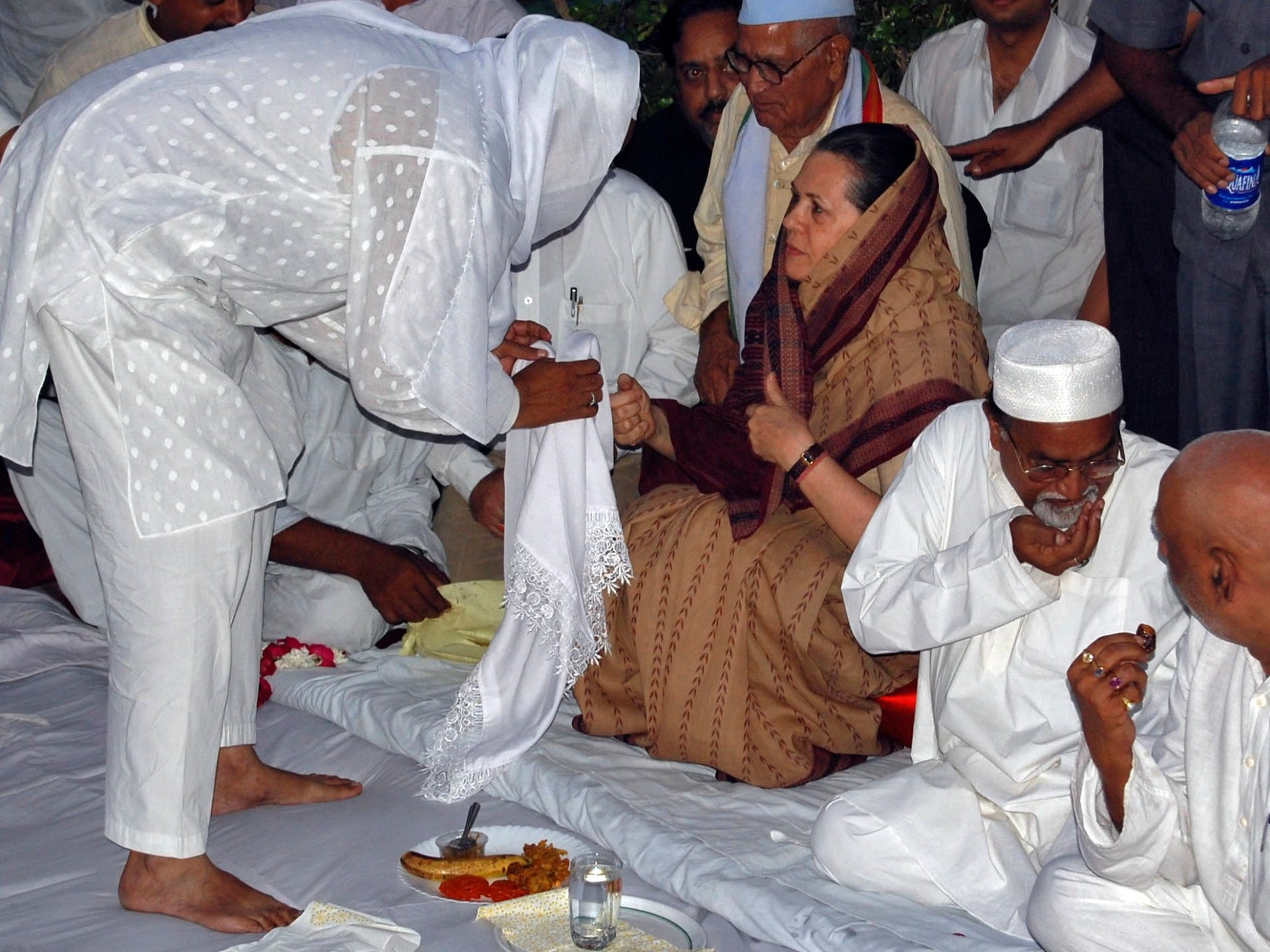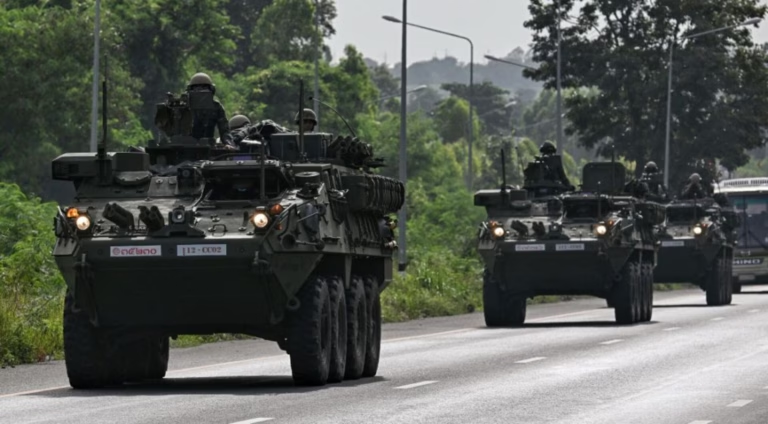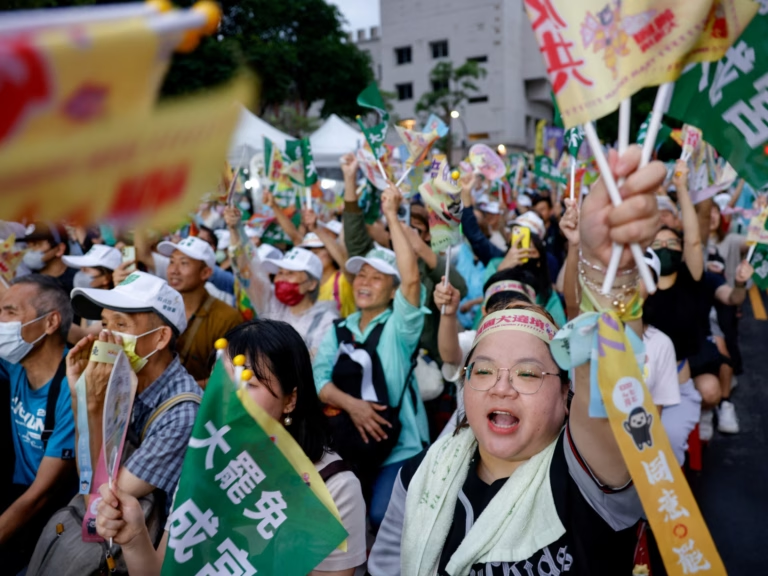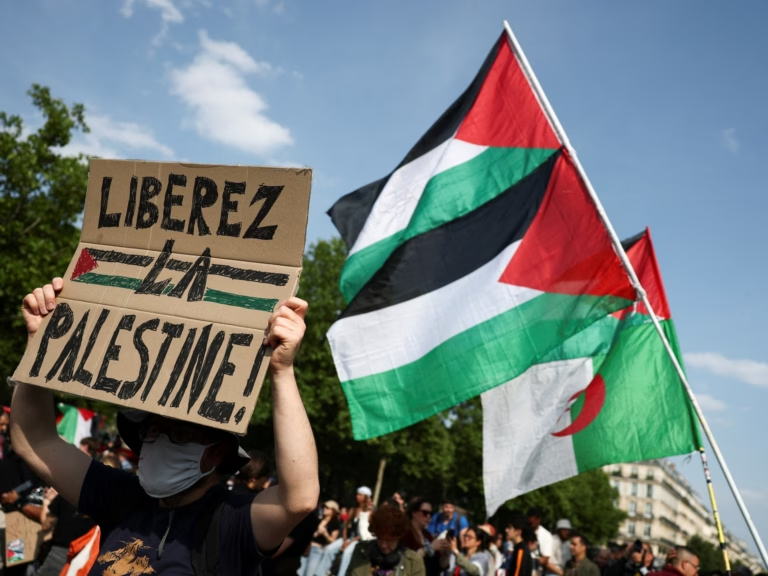In the month of Ramadan in 1974, political tension was high in Lucknow, India, a city known for its large Shia Muslim community. This was when Hemwati Nandan Bahuguna, a key member of the Indian National Congress Party and the newly appointed Chief Minister of Uttar Pradesh, decided to host an iftar to promote peace during Ramadan. He invited Ashraf Hussain, a leading Shia figure, who initially refused due to his fast, but Bahuguna insisted and offered him a lavish meal with fruits, sherbet, kebabs, and biryani at his official residence. This move helped secure a truce at a time of communal unrest and initiated a tradition of political iftars aimed at building bridges between political leaders and the Muslim community.
Over the years, these iftars have become a significant part of India’s political landscape, particularly as a way for political figures to show their support for the Muslim community and maintain their votes. During Indira Gandhi’s tenure, she tried to mimic Bahuguna’s approach, but her efforts at reconciliation through iftar parties didn’t prevent her loss in the 1977 elections. Despite this, the tradition of iftar gatherings continued as a symbol of communal harmony, though it has also been criticized for being used politically rather than genuinely addressing Muslim issues.
Throughout Indian history, prime ministers and political parties have continued to host iftars as a way to brandish their political strength and to foster alliances. The significance of iftars as a political tool has ebbed and flowed with changes in the political environment, and recent years have seen a decline in the practice among top leaders, reflecting the shifting priorities and political ideologies.
As India moves towards a political atmosphere marked by Hindu nationalism, the importance and frequency of political iftars have decreased, reflecting a change in the dominant narratives and priorities of the nation’s leaders. While these gatherings once symbolized inclusion and secularism, current trends show a shift towards different political expressions and identities, suggesting a new era in India’s political engagements with its Muslim community.
Source: https://www.aljazeera.com/features/2025/3/22/indias-political-iftars-peace-forays-or-corrupt-vote-seeking-stunts?traffic_source=rss
